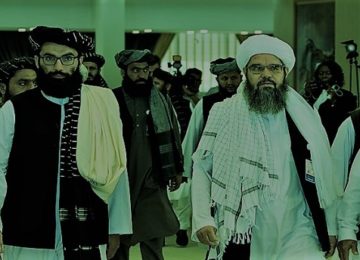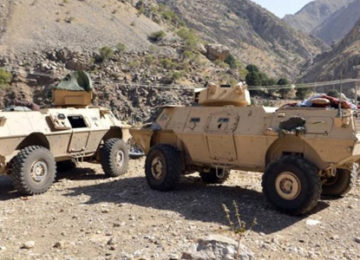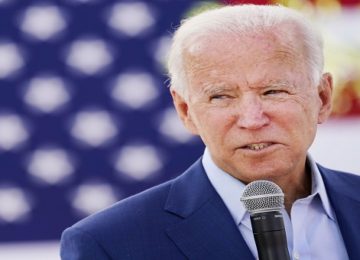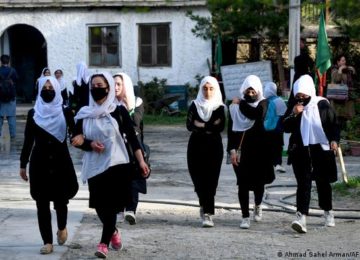December 21, 2017
US Defense Secretary James Mattis had told Pakistani leaders during his visit earlier this month that the American forces intend to intensify attacks against Taliban in Afghanistan and that Pakistan must also take action against Taliban leaders at the same time to weaken the Afghan insurgents and force them to come to the negotiation table.
An official, who is privy to the details of Mattis’ meetings in Islamabad on December 4, told Daily Times that the US defence chief believed Afghan government had lost territory to the Taliban over the past few months and the US wanted to stop Taliban from more gains.
Last month a US watchdog said in its latest report that the Taliban have expanded control to 54 districts of Afghanistan’s 407 districts over the past six months. “As of August 2017, there were 54 districts under insurgent control or influence, an increase of nine districts over the last six months. Therefore, 13.3% of the country’s total districts are now under insurgent control or influence, a more than a two percentage-point increase over the last six months, and a five-point increase from the same period in 2016,” according to the report issued on Nov 1 by the Special Inspector General for Afghanistan Reconstruction (SIGAR), a monitoring agency that oversees reconstruction projects and other activities in Afghanistan.
Mattis in his maiden visit to Pakistan as defense secretary had met a high level Pakistani delegation led by Prime Minister Shahid Khaqan Abbasi. “Mattis had told us that US forces plan serious and strong action against the Taliban. We will target them where they are. He also asked us to target the Taliban and the Haqqani Network leaders as Afghan problem cannot be solved without such a forceful action,” the official quoted Mattis as telling the Pakistani leaders.
Nathan Tek, regional spokesman for the US State Department, in response to a question referred the matter to US embassy in Pakistan which also evaded comments. “The U.S. Embassy does not comment on the content of private diplomatic engagements. No comment at the moment,” the spokesman said in a text message.
He referred to a statement by US Secretary of State Rex Tillerson, who had stated that “when we rolled out the South Asia Strategy sometimes our conversations with Pakistan will be private.”
The US has long been accusing Pakistan of sheltering the Afghan Taliban and the Haqqani Network, the charges Pakistan denies.
The American embassy in its statement on the visit had stated earlier that the secretary reiterated President Trump’s message that Pakistan must increase its efforts to eradicate militants and terrorists operating within the country.
The Pakistani official said, “This time Mattis tone was not threatening … instead he insisted that both US and Pakistan should take action simultaneously. He expected Pakistan’s simultaneous action with the US campaign in Afghanistan will weaken and cause disarray among the Taliban fighters that will force the Taliban leaders to join the reconciliation process.”
He said the US defense secretary had also clarified that the US has adopted ‘condition-based strategy’ and wants the Taliban first join peace process with the government and end fighting. “Mattis said the US will discuss departure when peace completely returns to Afghanistan,” the official added.
But the official, who has been part of a series of meetings with the US officials, said Islamabad believes the US strategic game is on in Afghanistan and it is ready for long-term presence. “President Trump had earlier publicly stated as to why the US has been in Afghanistan and had also asked his team to prepare a strategy to end the war. But later Trump’s administration reversed the Obama strategy and adopted condition-based strategy that US will depart only if the situation improves,” he said.
On their part, the Taliban say the Trump’s strategy for Afghanistan had ‘angered’ the group. “We have increased attacks on the enemy,” Taliban spokesman Zabihullah Mujahid said when a query was posted on his WhatsApp.
The spokesman said there was no change in Taliban policy towards peace negotiations and added that the Taliban will not talk with Kabul administration. He, however, reiterated Taliban’s policy to sit face-to-face with the Americans to ‘discuss timeframe for end to invasion’.
This article was originally published in Daily Times on December 21, 2017. Original link.
Disclaimer: Views expressed on this blog are not necessarily endorsed or supported by the Center for Research and Security Studies, Islamabad.








